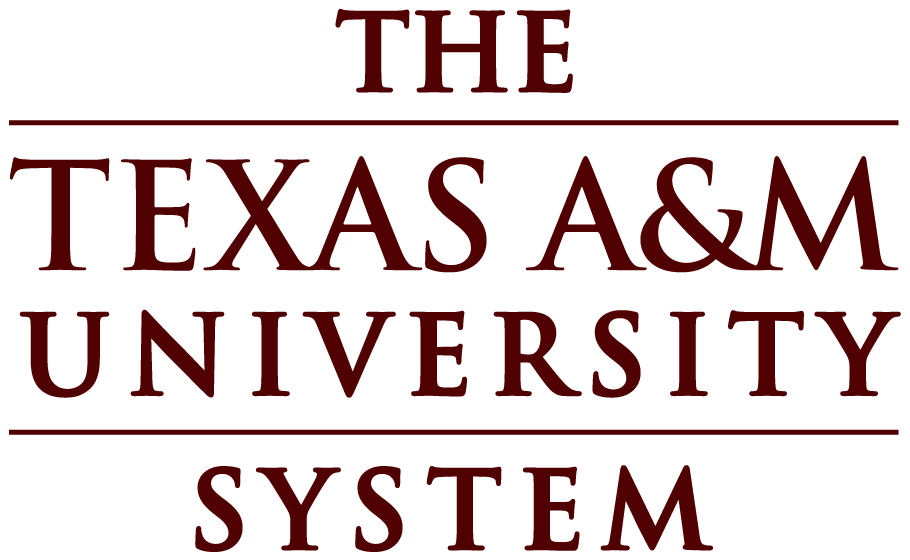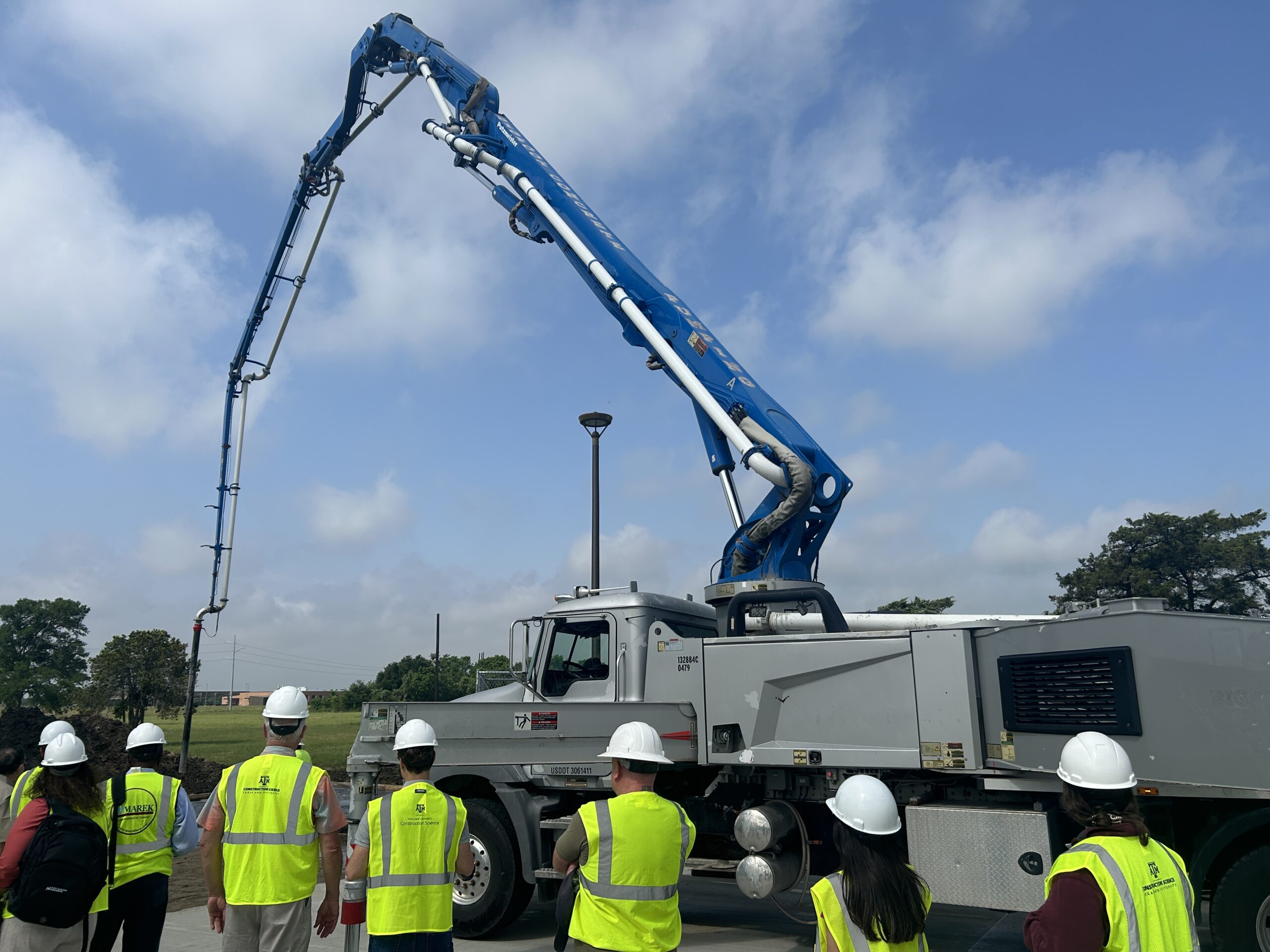
New Technology Spotlight: CIR Welcomes Circle Concrete Tech, Inc. to Present Plient Fiber Reinforcement
Center for Infrastructure Renewal
University Researchers and Industry leaders gathered at CIR on Texas A&M RELLIS Campus to witness how Plient fibers and the D3 system are reshaping concrete construction. Read more
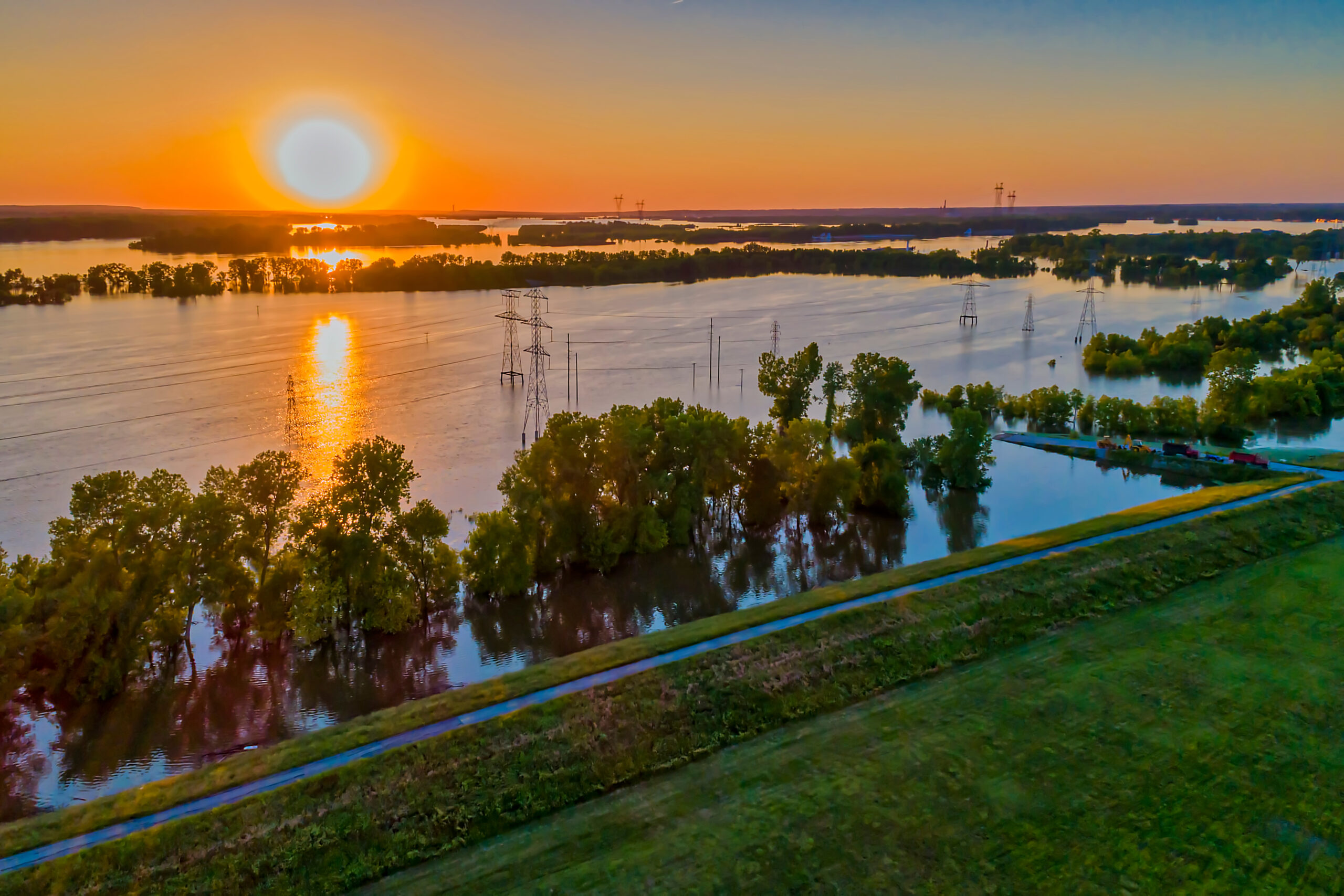
Enhancing Levee Inspections with Advanced Technology
Center for Infrastructure Renewal
Researchers are developing cutting-edge inspection technologies to ensure the continued reliability and resiliency of levees nationwide.Read more
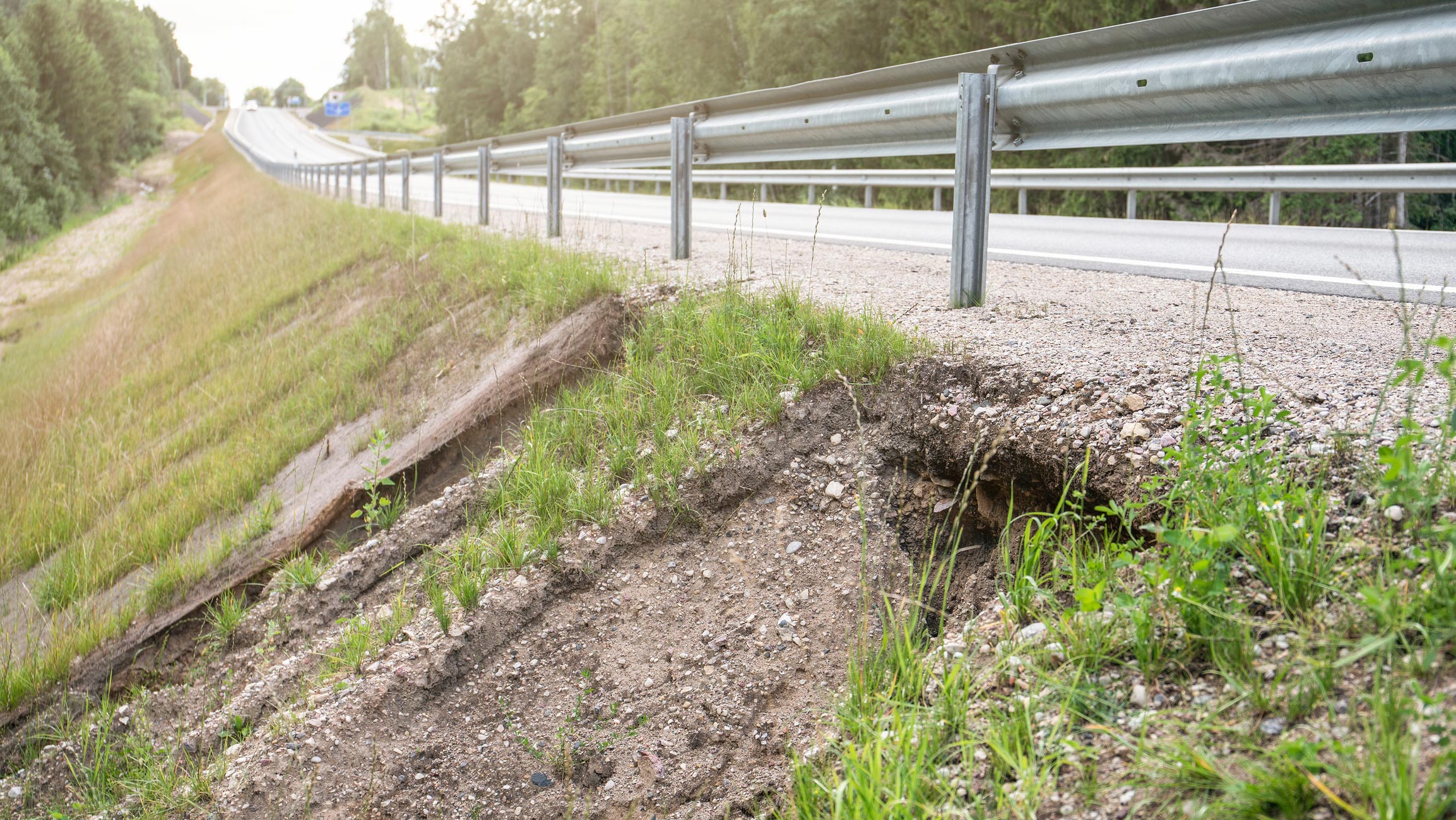
Supporting the Roads that Support Us
Texas A&M Engineering
Texas A&M civil engineers investigated the reasons for embankment slope failure of an important Houston highway.Read more
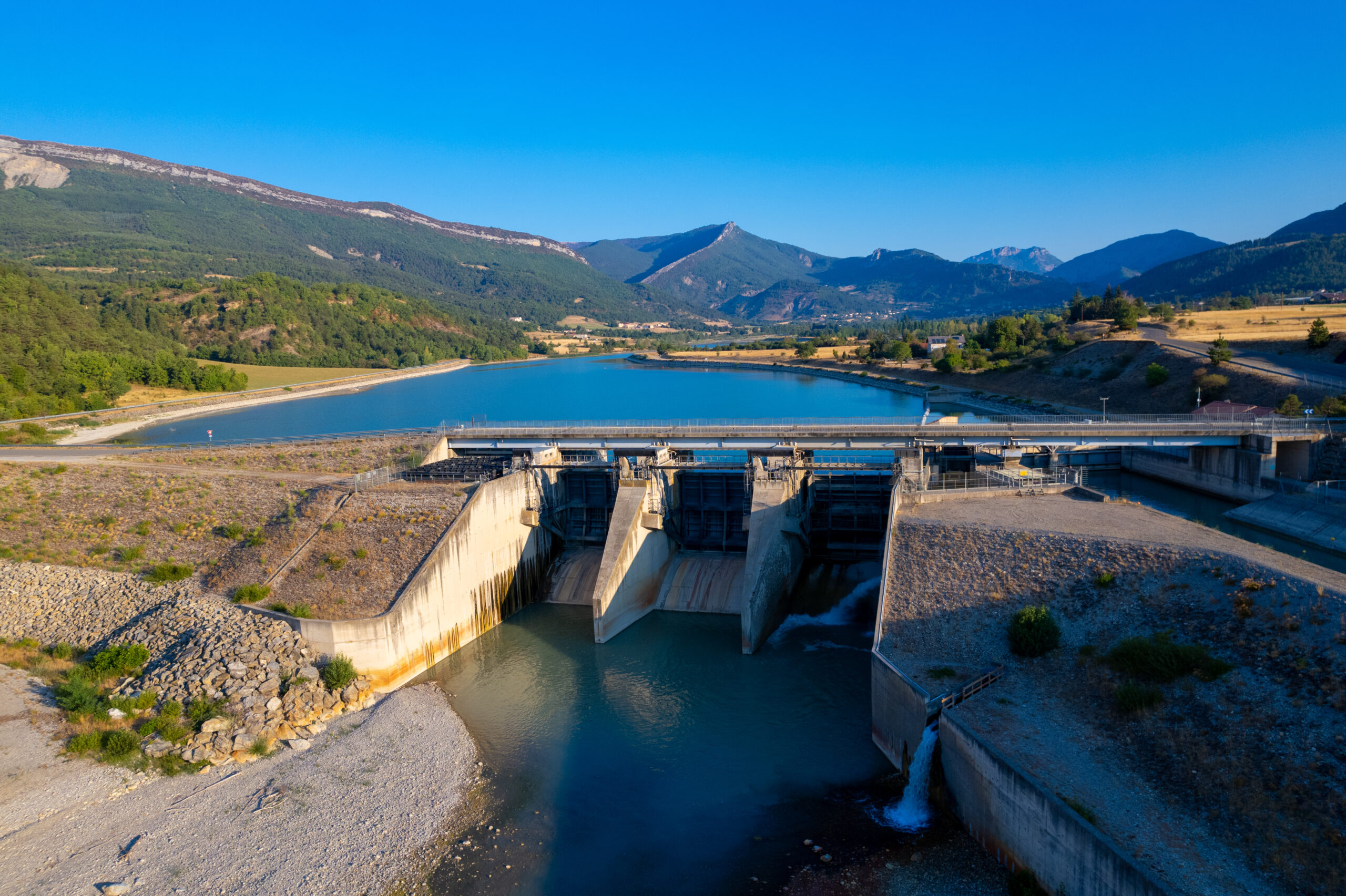
New Research Aims to Protect Aging Dams and Levees
Center for Infrastructure Renewal
A $1.2M grant funds Texas A&M research to explore innovative solutions for enhancing aging dam and levee resilience to overtopping.Read more
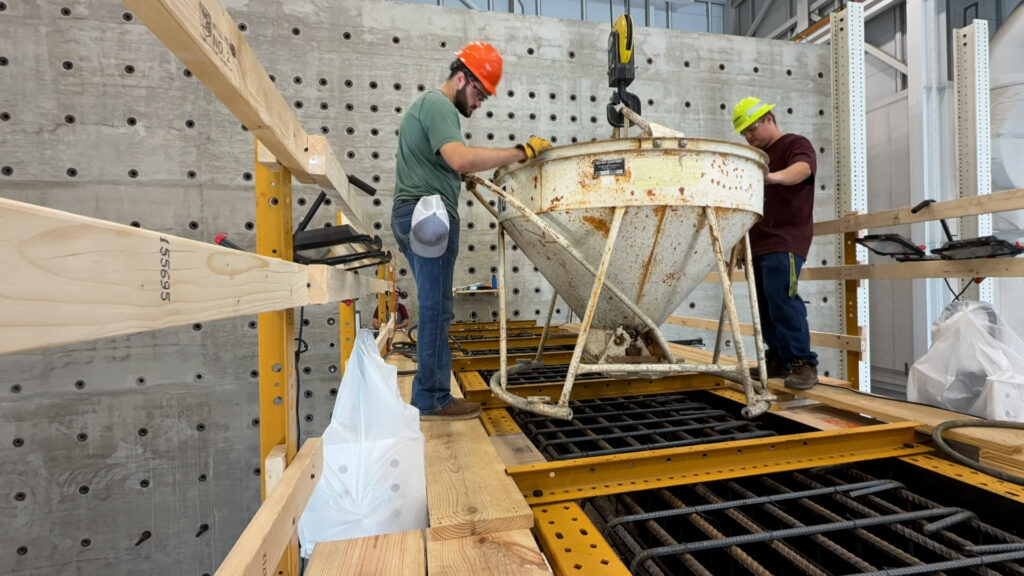
New Research Aims to Improve Bridge Construction in Texas
Center for Infrastructure Renewal
Dr. Kinsey Skillen leads a new 42-month TxDOT research project at the Center for Infrastructure Renewal.Read more

Texas A&M Center for Applied Technology Celebrates 30th Anniversary
TEES Texas Center for Applied Technology
Celebrating 30 years of innovation, the Texas A&M Center for Applied Technology reflects on its legacy of excellence and looks forward to many more years of groundbreaking achievements and transformative contributions.Read more
